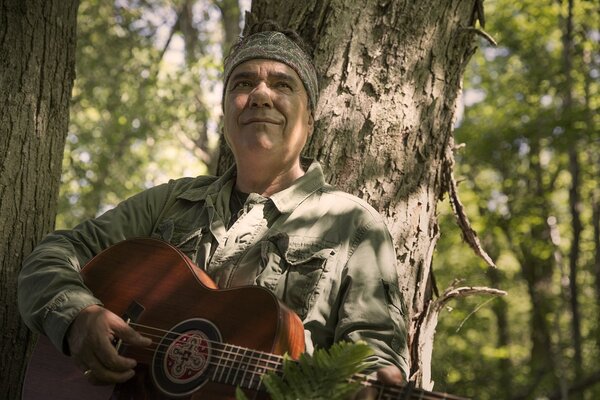About the Recognition program
The Recognitionprogram stems from close collaboration between the Conseil des arts et des lettres du Québec (CALQ) and First Nations and Inuit communities. It was conceived within a perspective of dialogue, listening and respect following a consultation of a wide variety of artistic and cultural practitioners from the First Nations and Inuit communitiesThis link will open in a new window. They enhanced the process of reflection through their experience and knowledge of the issues facing artists, writers and organizations.
Open, inclusive, flexible and tailored to First Nations cultures' needs and realities, as well as to their specific ways of creating and disseminating artworks, the Recognition program is designed to support the First Nations artistic community's reappropriation, reconstruction and development efforts.
The program seeks to
- Contribute to the knowledge, recognition and promotion of artists and arts.
- Foster the reappropriation, transmission and development of traditional artist knowledge, languages and arts.
- Facilitate First Nations artists' early careers and professional development by supporting their first professional experiences, in addition to sponsorships and guidance.
- Encourage the respect of First Nations protocols*.
Good to know
- The program is geared towards established artists as well as up-and-coming artists.
- The program supports customary, traditional and contemporary art forms.
- A portion of the application may be presented orally (video recording).
- Applications for financial aid may be submitted at any time (except for the Impetus component, which has an annual deadline for submissions).
- Peer evaluation is the guiding principle for the awarding of financial support by the CALQ. Applications submitted under the Recognition program will be evaluated by a jury of which most of the members are artists, creators and recognized First Nations professionals, Elders or cultural managers who are representative of the First Nations artistic community.
- A grant covers the artist's remuneration during the completion of his or her project, in addition to purchases of materials; studio, hall and equipment rentals; registration/internship fees; travel/living expenses (including accommodation and per diems); and promotion, design, pre-production, production and remount related expenses.
- The CALQ offers other programs for which First Nations artists, writers and organizations may be eligible.
Promotional brochure

© CALQ
A word from Florent Vollant
''For many moons, I have followed the pathways of music and creation and have often stopped to help young First Nations artists who dream of music. I am proud to have played a role in developing this program, which meets a need that I have witnessed on many occasions. I am pleased with the program’s openness and I hope many First Nations artists will avail themselves of this tool to express their talent and vision.''
- Florent Vollant, musician, Compagnon des arts et des lettres du Québec

© Florent Vollant
Fostering respect for First Nations protocols
The CALQ calls on all artists and artistic organizations, First Nations as well as non-First Nations, to adopt an approach that is respectful of First Nations artistic expression, cultural protocols and rights. Collaborative efforts leading to genuine exchanges should pave the way for the completion of artistic projects that address or incorporate distinctive aspects of First Nations cultures.
![[Translate to English:] [Translate to English:]](/fileadmin/fichiers/Wordpress_archive/CALQ_Re-Connaire_BandeauWeb_1600x650px.png)